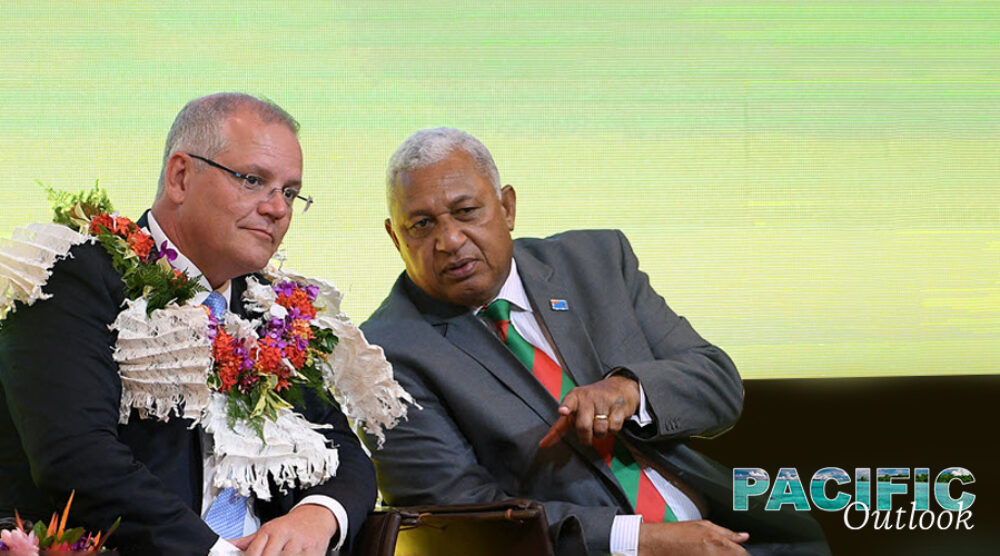The first national leader to congratulate Joe Biden on his election as US President was Fiji’s Prime Minister, Frank Bainimarama. There was little doubt what he wanted from the new head of the world’s most powerful nation.
“Together, we have a planet to save from a climate emergency,” he tweeted. Bainimarama knew Pacific island countries had gained a powerful ally in the fight to tackle climate change. Not only would Biden return the US to the Paris Agreement; he would also, as his administration’s list of “immediate priorities” promised, pressure countries “to ramp up the ambition of their climate targets”. Bainimarama quickly followed up with a formal letter inviting Biden to attend the 2021 Pacific Islands Forum.
This audacious diplomacy from Fiji fits with a recent pattern from Australia’s island neighbours—the 14 independent nations of the Pacific Islands Forum—who have become adept at working with major powers to shape global diplomacy on climate change. In 2015, for example, Pacific diplomats were instrumental in securing the Paris Agreement, though their role in the negotiations was not widely appreciated in Canberra. Now, Pacific countries are working with some of Australia’s closest allies and partners—including the US and Britain—to press countries to commit to more ambitious Paris targets before the UN Climate Change Conference (COP26) in Glasgow in November.
For Australia, engagement with Pacific island countries is driven, above all, by a strategic imperative to maintain political influence and to deny the islands to other powers.
Please click here to read the full “Morrison left out on Pacific rim over climate diplomacy” article which is an edited extract of the essay “Ripple Effect” in the latest issue of Australian Foreign Affairs, Feeling the Heat published at PINA, written by Griffith Asia Institute Adjunct Research Fellow, Dr Wesley Morgan.








